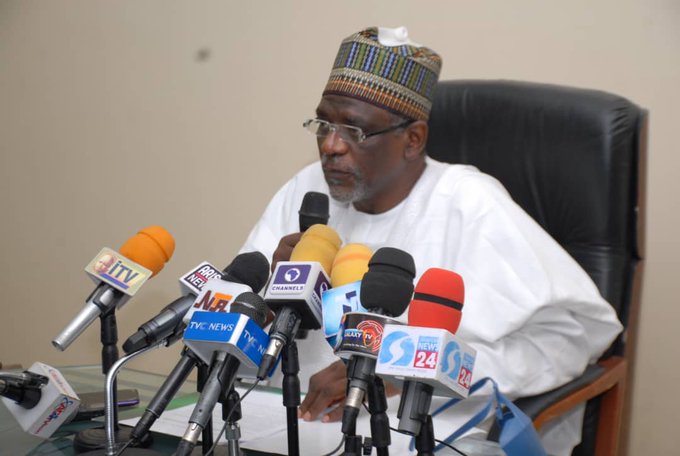Opinion
Nigerian education sector needs an enabling environment to thrive

By Mariam Ileyemi
January 24 is the International Day of Education as declared [1] by the United Nations General Assembly. Every year, the celebration aims to recognize the role of education in facilitating peace and sustainable development. However, sadly, Nigeria is far behind achieving the objectives of this day and is also below par in meeting the targets of the SDG 4 (Quality Education for All).
In fact, the Nigerian government has largely ignored the unique roles quality education plays in the development of our country and undermining its potentials by gross negligence.
Quality Education is the concrete bedrock of development and a key enabler of socio-economic prosperity across countries. Unfortunately, quality education in Nigeria seems unachievable with the myriad of problems beleaguering the system, such as poor funding, high dropout rate, poor infrastructures, inadequate classrooms, teaching aids and particularly the recurring strike at the tertiary level by the Academic Staff Union of Universities (ASUU) and other bodies.
Prior to the outbreak of the coronavirus pandemic in Nigeria, the education system across all levels was comatose. The World Economic Forum (WEF) in 2017, ranked Nigeria [2] 120th out of 136 countries in
respect to the quality of primary education. In line with the bleak situation, in 2019, over 10 million [3] Nigerian children of primary school age were not enrolled in school, which was the highest number of
out-of-school children globally. These indicators cannot be more disturbing.
Recall that on March 23, 2020, ASUU embarked on an indefinite strike that disrupted academic activities for nine months [4] due to the Federal Government’s failure to meet their demands which include funding for revitalization of public universities (a problematic stance because government interference in education is not ideal), earned academic allowances, withheld salaries, proliferation of state universities, visitation panels, reconstitution of the government re-negotiation team and the replacement of Integrated Payroll and Personnel Information System (IPPIS) with the University Transparency and Accountability Solution (UTAS).
Worse still, a year since the commencement of the strike and closure of tertiary institutions due to the spread of the coronavirus, schools are still struggling to fully open and the country has been hit again by a second wave [5]. By implication, this automatically translates to the reemergence of a possible lockdown, which will definitely result into the adoption of virtual learning across all levels.
Within no province of doubt, COVID-19 has indeed unmasked the substantial inequities in the Nigeria education sector because not all students can afford online learning and in other places, revolutionized
remote and online education.
It is pathetic that the Nigeria government has failed to create an enabling education sector over the years which has made online learning systems difficult to adopt and manage in this time which is the way forward.
Quality education should be viewed as a high government priority and policy area. To provide quality education, the Nigerian government must ensure the system works, providing serious regulatory insight and ensuring the sector gets the much needed environment to thrive with improved infrastructure and effective implementation of the National Inclusive Policy among others.
Mariam Ileyemi is a fellow at African Liberty.
Disclaimer
It is the policy of NewsWireNGR not to endorse or oppose any opinion expressed by a User or Content provided by a User, Contributor, or other independent party. Opinion pieces and contributions are the opinions of the writers only and do not represent the opinions of NewsWireNGR
kindly donate to the work we do using our interim PAYPAL https://www.paypal.me/NewsWireNGR






